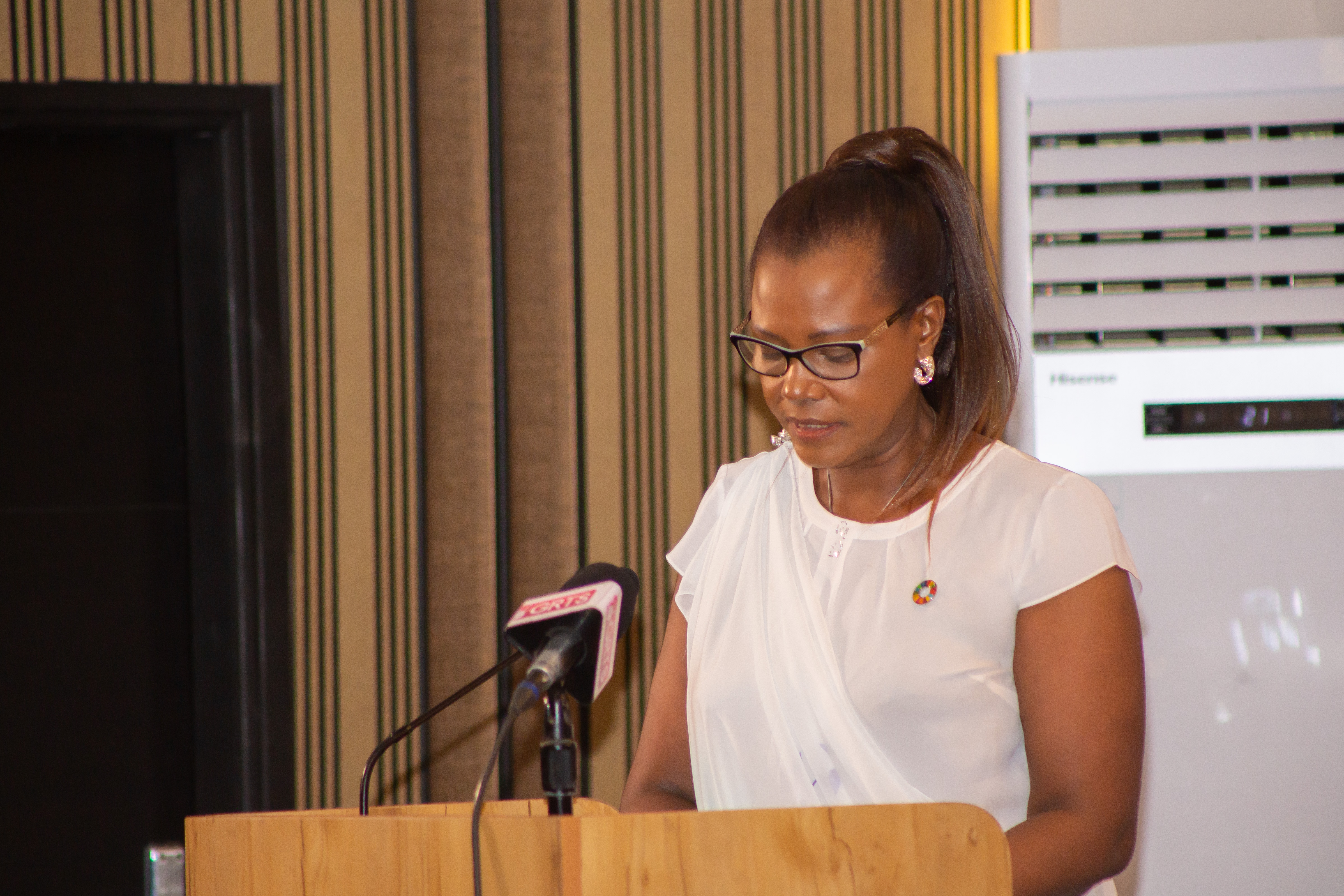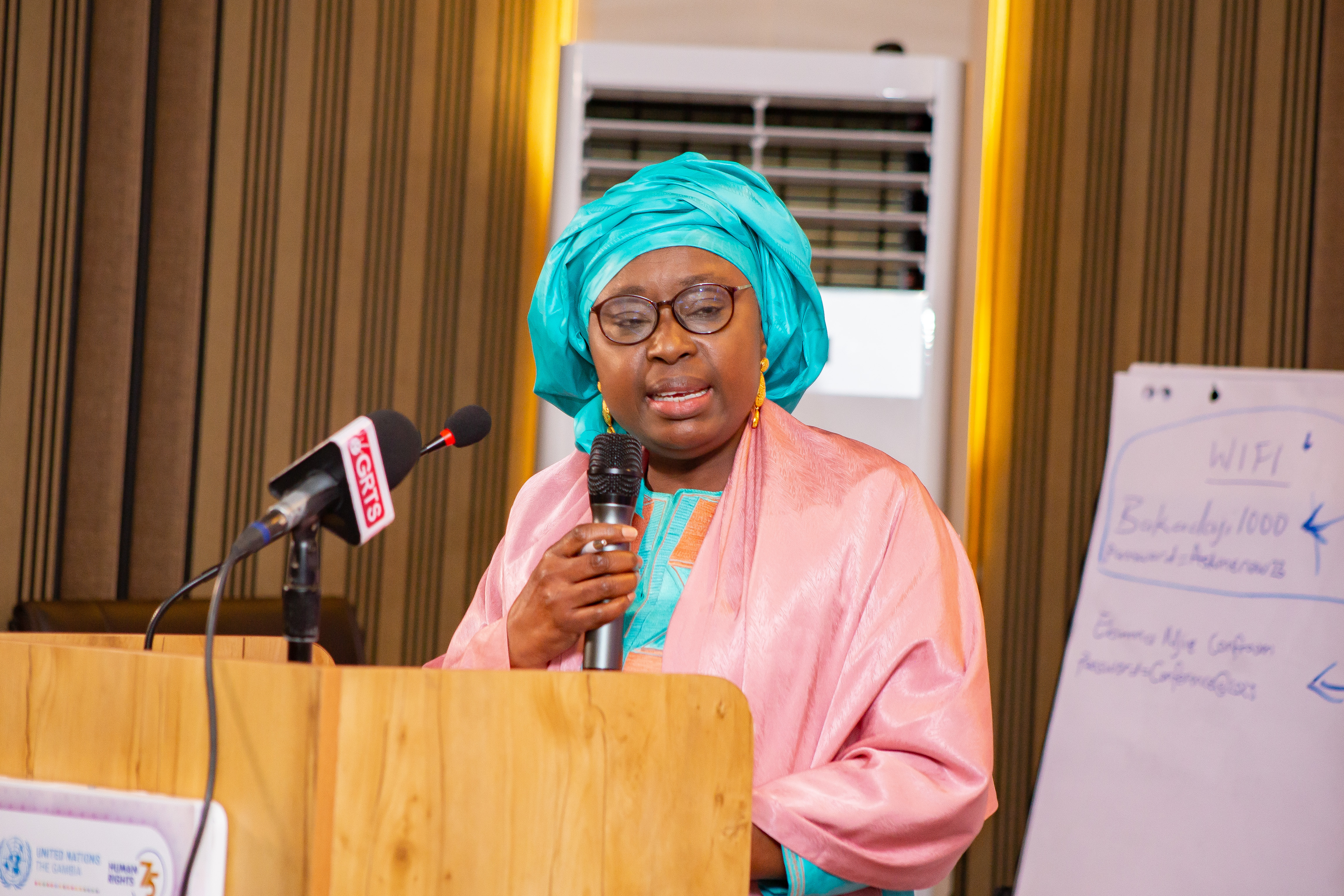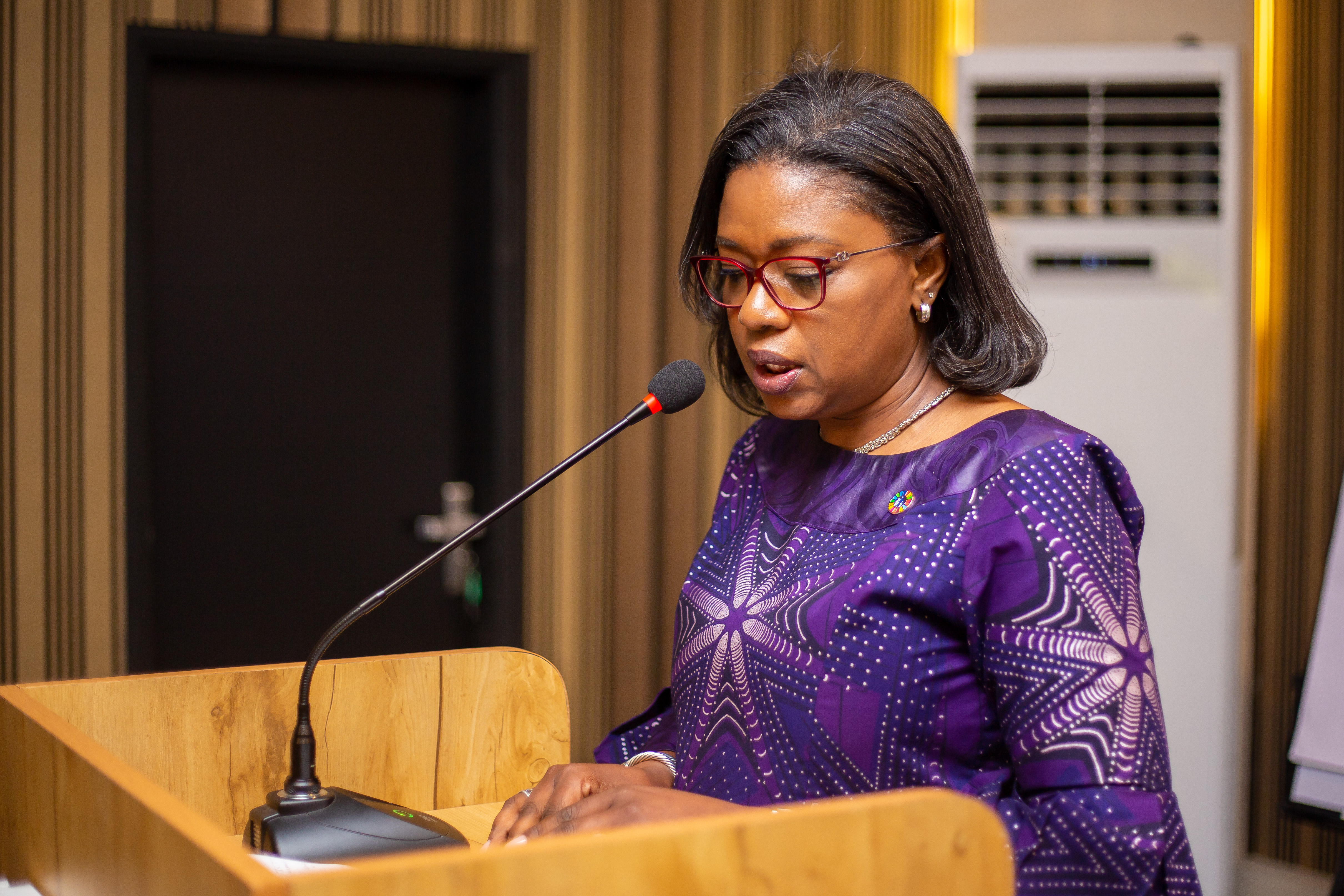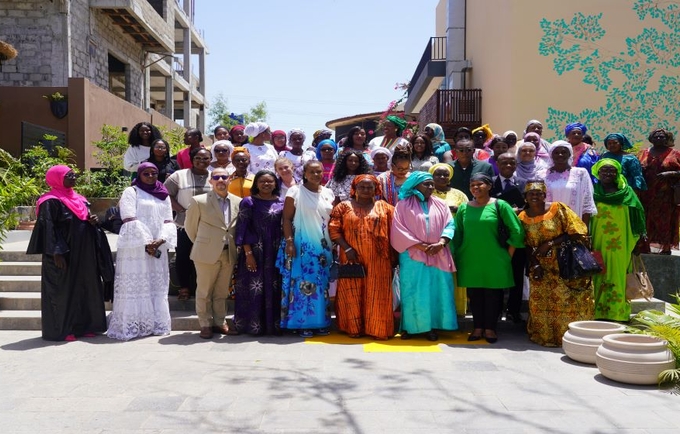In The Gambia, more than 50% of the country's population is women, yet gender disparities are evident in many aspects of the lives of women. The country has developed various political frameworks and enacted laws to protect the rights and well-being of women and girls, but under the influence of social, cultural, economic, and institutional factors, large disparities remain in Gambian society.
The accessibility of digital technology by women is a major challenge, and it has affected the growth and development of women. When women are unable to access digital technology and do not feel safe, they are unable to develop the necessary digital skills to engage in digital spaces, which diminishes their opportunities to pursue careers in science, technology, engineering, and mathematics (STEM). Bringing women into technology will result in more creative solutions and greater potential for innovations that meet the needs of women, especially in the promotion of gender equality. It is evident that women everywhere are playing critical roles in building homes, communities, and nations and must therefore have their contributions and true potentials recognized, for them to build a sustainable future for all.
The United Nations through its Gender Technical Working Group led by UNFPA The Gambia, organized a National Dialogue on 21st March to commemorate International Women’s Day. The dialogue brought together women leaders, activists, and persons living with disabilities to map out ways to promote safe and participatory digital spaces for women and girls.
Speaking at the National Dialogue UN Resident Coordinator in The Gambia, Ms. Seraphine Wakana, celebrates Gambian women in the STEM sector and encourages other women and girls to partake in the field, which broadens women and girls opportunities.

I urge all of us to pledge our commitment towards supporting and advocating for increased representation of women in STEM. She concluded.
Honorable Minister of Gender Children and Social Welfare Madam Fatou Kinteh highlighted the importance of the dialogue. According to her,

this dialogue is a call to action to address the challenges women and girls continue to face daily.
We must do more to ensure that digital spaces are safe and friendly and create opportunities for girls to excel and contribute to the STEM sector.
Madam Ndeye Rose Sarr, UNFPA The Gambia Country Representative during her closing remark emphasized the importance of digital technology as it advances gender equality for women, girls, and marginalized groups.

She calls on governments, activists, private sector to make the digital world safer, inclusive, and more equitable for women and girls.
Addressing gender equality and women’s empowerment requires strategic interventions at all levels of programming and policymaking. UNFPA, The Gambia, is convinced and ever-ready to ensure that technology advances the sexual reproductive health and rights of women and girls and also their economic and political empowerment.
Media contact:
Faith Ememodo- Communications Associate, UNFPA The Gambia ememodo@unfpa.org

